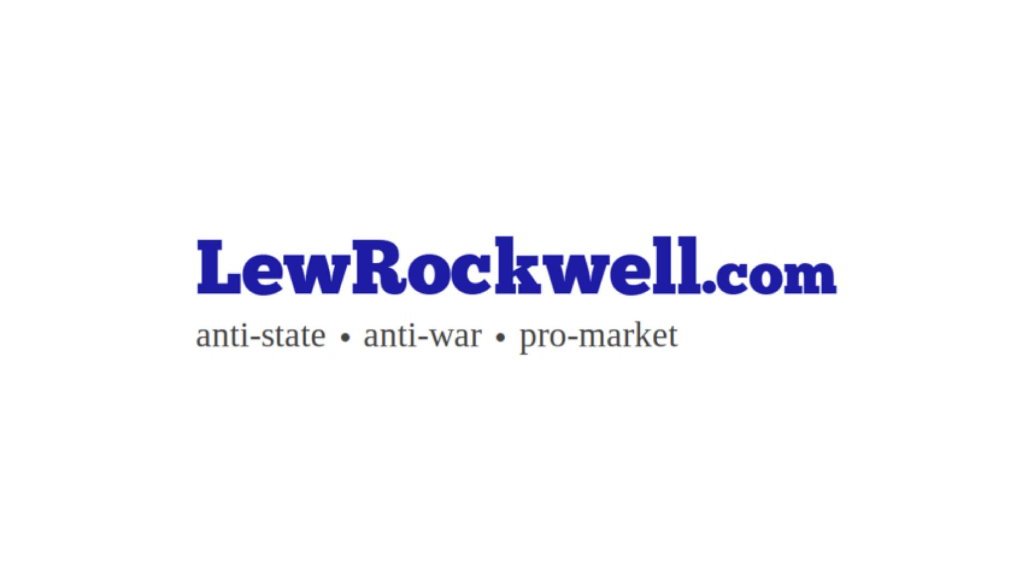Here’s What Trump’s Peace Plan Might Look Like & Why Russia Might Agree To It
Putin might agree to freeze the conflict along the Line of Contact in spite of prior rhetoric against this scenario in the event that Trump threatens to escalate the conflict as punishment if he doesn’t.
Trump’s pledge to resolve the Ukrainian Conflict in 24 hours is unrealistic, but he’ll inevitably propose a peace plan at some point in time, thus raising questions about what it would look like and whether Russia would agree to it. More than likely, he’ll seek to freeze the conflict along the Line of Contact (LOC), wherever it may be by that time, as he’s not expected to coerce Ukraine into withdrawing from the regions whose administrative borders Russia claims in their entirety.
Nor is Russia expected to obtain control over them by the time that Trump’s proposal is made. It still hasn’t removed Ukrainian forces from Donbass, which is at the heart of its claims, and therefore is unlikely to capture Zaporozhye city, that namesake’s areas on the side of the Dnieper River, nor Kherson Region’s aforesaid adjacent lands either. It might gain some more territory if Pokrovsk is captured, but the US might dangerously “escalate to de-escalate” to stop a run on the river if Ukraine is then routed.
This could take the form of threatening a conventional NATO intervention if the political will exists to spark a Cuban-like brinskmanship crisis, the odds of which would greatly increase if Russia made any move in that scenario to cross the Dnieper and thus risk the collapse of that bloc’s Ukrainian project. Be that as it may, no such run on the river is expected, with the most that Russia might do is lay siege to Zaporozhye city, but even that might not materialize by the time that Trump shares his peace plan.
Russia will therefore almost certainly be asked to freeze the conflict along the LOC, albeit without rescinding its territorial claims just like Ukraine won’t either, under the threat of Trump ramping up military support to Ukraine if the Kremlin refuses to cease hostilities. This prediction is predicated on summer’s report that some of his advisors suggested that he do precisely that as punishment for Russia rubbishing whatever peace plan that he ultimately offers it.
Considering his tough-talking personality and proclivity for “escalating to de-escalate” on his terms if he feels disrespected, which he flirted doing with North Korea during his first term as a negotiating tactic, he’s thus expected to comply with the aforesaid suggestion in that event. Given Putin’s consummate pragmatism as he understands his style to be and his aversion to escalations, he might very well comply, but he could also request that Trump coerce Zelensky into making concessions to facilitate this.
These might include rescinding 2019’s constitutional amendment making NATO membership a strategic objective, promulgating legislation that Russia considers to advance its denazification goals, freezing further weapons shipments to Ukraine, and carving out a buffer zone within part of Ukrainian territory. In the order that they were mentioned, the first one would be superficial after this year’s raft of security guarantees between Ukraine and several NATO countries already made it a de facto member of the bloc.
To explain, they all entail commitments to resume their existing military support for Ukraine if its conflict with Russia flares up again upon its eventual end, and this selfsame support arguably aligns with NATO’s Article 5. Contrary to popular perceptions, it doesn’t obligate them to send troops, but only to provide whatever support they believe is necessary to aid allies under attack. This is what they’re already doing, yet Russia never escalated in response to this being enshrined in their bilateral military deals.
As for the second speculative concession that Pu
Article from LewRockwell

LewRockwell.com is a libertarian website that publishes articles, essays, and blog posts advocating for minimal government, free markets, and individual liberty. The site was founded by Lew Rockwell, an American libertarian political commentator, activist, and former congressional staffer. The website often features content that is critical of mainstream politics, state intervention, and foreign policy, among other topics. It is a platform frequently used to disseminate Austrian economics, a school of economic thought that is popular among some libertarians.



